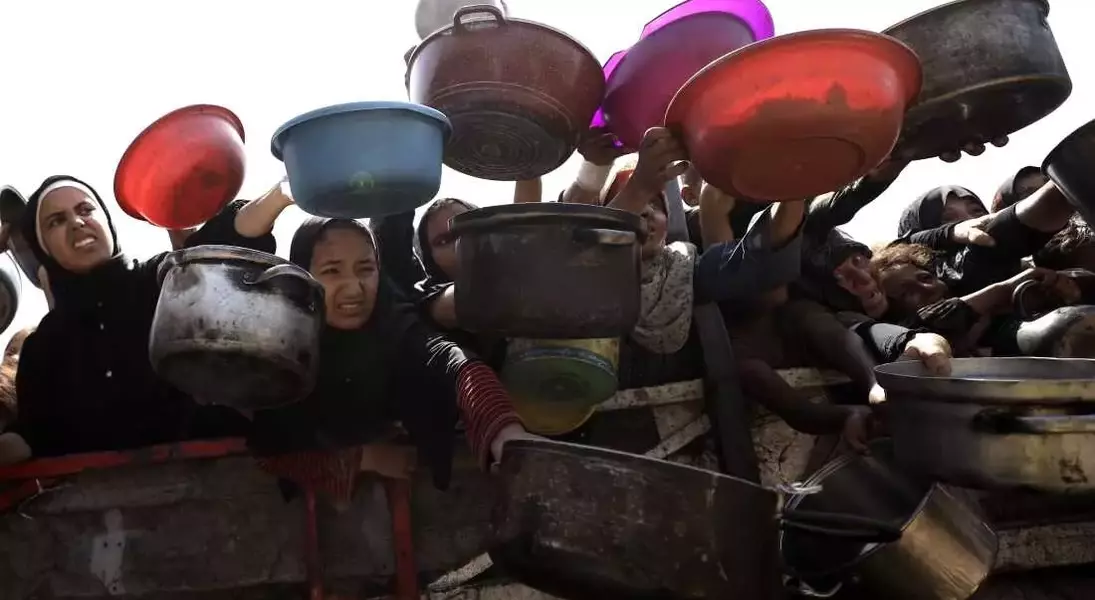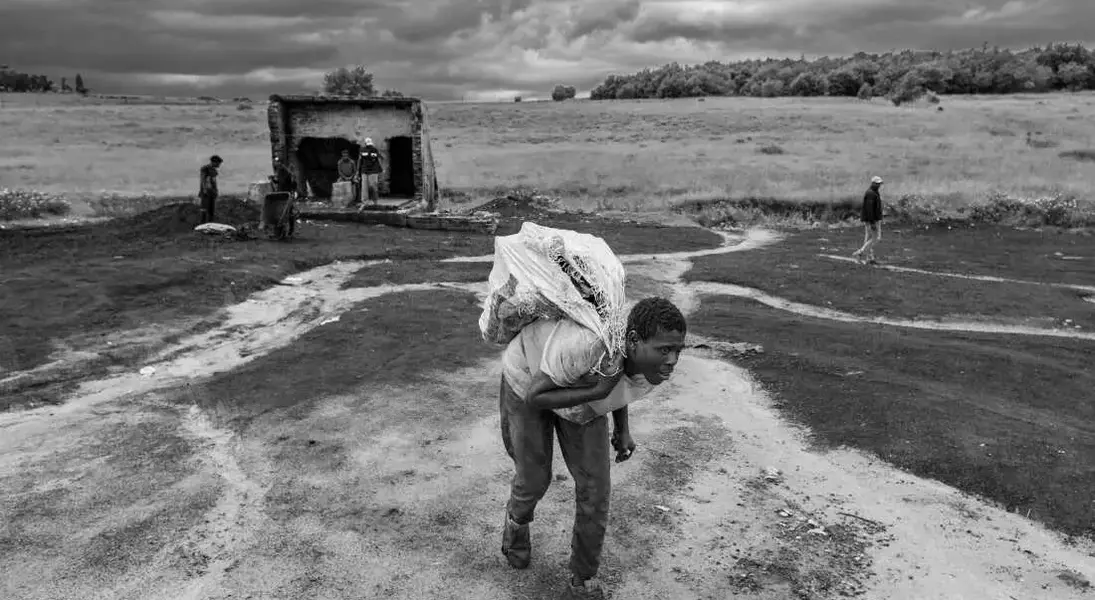





The past week has brought to light a confluence of pressing global and domestic challenges, from the humanitarian crisis in Gaza and internal U.S. policy debates to a tragic shooting in Minneapolis and a contentious leadership change at the CDC. These events underscore the intricate web of political decisions, their far-reaching consequences, and the immediate impact on communities and individuals. Each situation, while distinct, highlights underlying tensions and the profound human cost of ongoing crises, demanding careful consideration and comprehensive analysis of the factors at play.
These significant developments paint a vivid picture of the complex landscape facing the international community and the United States internally. The humanitarian plight in Gaza, exacerbated by geopolitical maneuvering, reveals the challenges of delivering aid in conflict zones and the difficult choices policymakers confront. Meanwhile, the heartbreaking incident in Minneapolis serves as a stark reminder of the urgent need for safety and security within communities. The shake-up at the CDC further points to the pressures on scientific institutions, emphasizing the critical importance of independent leadership in public health. Together, these stories reflect a period marked by profound challenges and the ongoing struggle to navigate a world grappling with multifaceted crises.
The Complexities of U.S. Policy in Gaza and the Humanitarian Crisis
Recent revelations from former Biden administration officials expose the deep internal divisions and ethical dilemmas surrounding U.S. policy toward the ongoing conflict in Gaza. As the Palestinian population faces severe famine, over two dozen former senior officials have voiced concerns regarding the effectiveness of American efforts to mitigate the crisis. Their accounts highlight a split within the administration: one faction advocating for robust pressure on Israel to adhere to international humanitarian law and facilitate aid, while the other preferred a more discreet approach, granting Israel operational latitude while quietly pushing for increased humanitarian access. This internal conflict underscores the significant challenges in balancing strategic alliances with urgent humanitarian imperatives.
Interviews with numerous former senior Biden administration officials offer a critical look at the complex and often contentious process of shaping U.S. policy concerning the conflict in Gaza and the escalating famine. Many ex-officials expressed a profound concern about whether the American response was sufficient to avert the widespread suffering. They described a constant tension between two distinct perspectives within the administration: one emphasizing the need to assertively pressure Israel to comply with the Geneva Conventions regarding civilian protection and aid delivery, and another that favored allowing Israel more operational freedom in its conflict with Hamas, while simultaneously, and often secretly, advocating for greater humanitarian assistance for affected civilians. These discussions frequently devolved into detailed negotiations over the daily volume of aid entering Gaza, diverting focus from the broader strategic implications. A recent report by a UN-backed panel of food security experts confirmed the dire reality of famine in the region, adding a grim backdrop to these policy debates. The internal disputes and the detailed focus on aid specifics reveal the intricate dance between diplomatic leverage and humanitarian relief, often leaving officials questioning whether a more impactful approach was possible.
Domestic Tragedy and Public Health Leadership Turmoil
The U.S. has been rocked by a devastating school shooting in Minneapolis, claiming the lives of two children and injuring many others during a church service. This horrific event has cast a pall over the community, prompting immediate investigations into the assailant's motive and a deep reflection on safety measures. Concurrently, the unexpected dismissal of Susan Monarez, the newly appointed director of the Centers for Disease Control (CDC), less than a month into her tenure, has sparked concerns about the politicization of public health institutions. Her firing reportedly stems from resistance to political pressures regarding scientific integrity and vaccine policies, raising critical questions about the autonomy of scientific leadership.
A horrific incident unfolded in Minneapolis recently when a 23-year-old individual, identified as Robin Westman, opened fire on a church and school packed with children. The assailant's actions, which involved shooting through the building's windows, resulted in the tragic deaths of two children and injuries to 17 other individuals who were attending Mass to mark the beginning of the school year. Westman subsequently died from a self-inflicted gunshot wound at the scene. Investigations revealed a video, scheduled to be posted on YouTube, showing Westman at the location along with disturbing writings, prompting law enforcement to work on determining the motive behind the attack. In a separate, yet equally significant development, the Department of Health and Human Services announced the abrupt termination of Susan Monarez, the new director for the Centers for Disease Control, less than a month after she was sworn in. Monarez, who was President Trump's second choice for the role, had reportedly faced significant pressure to dismiss senior scientists and to mandate a return to office work shortly after a shooting incident occurred during her first week. According to reports from NPR's Selena Simmons-Duffin, Monarez’s resistance to these pressures, particularly her stand for scientific independence and against interference with vaccine experts, appears to have directly led to her swift removal. This incident highlights the ongoing tensions between political influence and scientific autonomy within critical public health organizations.
